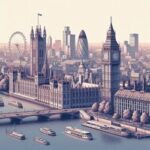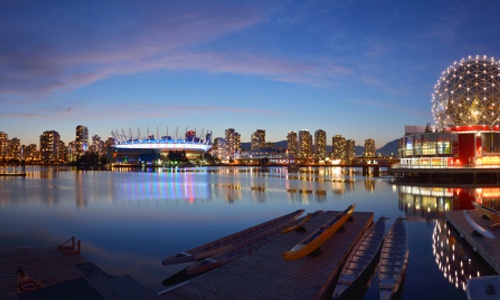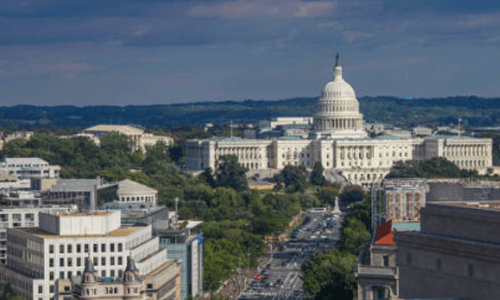
Geneva, Switzerland
Geneva’s economy is mainly services oriented. The city has an important and old finance sector, which is specialized in private banking (managing assets of about 1 trillion USD) and financing of international trade. Geneva hosts the international headquarters of companies like JT International (JTI), Mediterranean Shipping Company, Vitol, Gunvor, Merck Serono, SITA, Société Générale de Surveillance, ST Microelectronics and Weatherford International. Many other multinational companies like Caterpillar, DuPont, and Cargill have their international headquarters in the city; Geneva LakeTake Two Interactive, Electronic Arts, INVISTA, Procter & Gamble and Oracle Corporation have their European headquarters in the city. Hewlett Packard has its Europe, Africa, and Middle East headquarters in Meyrin, near Geneva. PrivatAir has its headquarters in Meyrin, near Geneva.
There is a long tradition of watchmaking (Baume et Mercier, Charriol, Chopard, Franck Muller, Patek Philippe, Gallet, Jaeger-LeCoultre, Rolex, Universal Genève, Raymond Weil, Omega, Vacheron Constantin, Frédérique Constant, etc.). Two major international producers of flavours and fragrances, Firmenich and Givaudan, have their headquarters and main production facilities in Geneva. The private sector is organized in different Union of employers, including the Fédération des Entreprises Romandes Genève (FER Genève) and the Fédération des métiers du bâtiment (FMB). Geneva is ranked as the fourth most expensive city in the world. Geneva moved up four places from eighth place the previous year. Geneva is ranked behind Tokyo, Osaka, and Moscow at first, second, and third respectively. Geneva also beat Hong Kong, which came in at fifth place.









